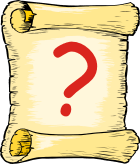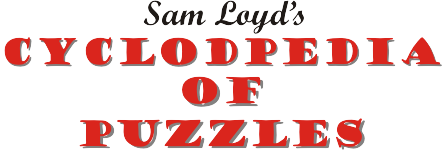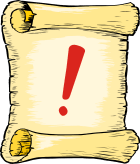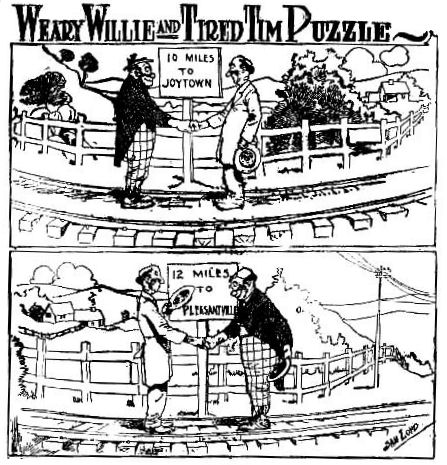



тАЬAs showing how valuable knowledge, improving to the mind, may be learned from incidents which may occur to a gentleman of leisure during a summer's outing,тАЭ murmured Weary Willie, during one of his reminiscent moods, тАЬI recall a chance meeting with Tired Tim on an urban branch of the D. L. & W. We exchanged the sign, password and fraternal grip and became acquainted at once. It appeared that a change from Joytown air was recommended for him at the same time that I was persuaded that it would be better for my health to leave Pleasantville. That is how we came to meet at a point ten miles on the road.тАЭ
тАЬWe fraternized just long enough to become chummy and swap diaries according to rule and then jogged on to our different destinations.
тАЬBoth towns proved to be overworked, and secret association marks showed the people to be so mercenary and uncongenial that it would be waste of time to tarry.
тАЬAccepting the escort of the attentive policeman who invariably recommended traveling gentlemen to return by the same route to where they came from, we started as it appears, simultaneously on our return trips.
тАЬThat is why, as shown in the sketch, that I again met my erstwhile acquaintance, at a point twelve miles from Pleasantville, but I'll go you the beers that from the data given you can't figure out how many miles it is from Toytown to Pleasantville.тАЭ Of course, it is assumed that each of the pedestrians maintained his own respective gait, both in going and coming from one town to another.
The information gleaned from Weary Willie's diary proves that the distance between Joytown and Pleasantville is 18 miles.
The answer to this problem may be obtained by simple addition, subtraction, and a little common sense, as follows:
When they met for the first time, Weary Willie had gone ten miles from Joytown. while their combined journeys equaled the distance between the two towns.
Meeting for the second time, their combined journeys equaled three times the distance between the towns. Weary Willie, who had gone ten miles at their first meeting, by the same ratio must have traveled 30 miles when they met for the second time.
Weary Willie walked ten miles from Joytown and met Tim; then he went the distance from that signpost to Pleasantville. Back he came 12 miles from Pleasantville to the signpost in the second picture.
We have proved that he went altogether 30 miles. Also that he went 10 miles, 12 miles and the distance from the signpost in the first picture to Pleasantville.
That unknown stretch we may now ascertain by deducting 22 miles from 30 miles, giving 8 miles as the distance Willie had to go to complete his trip to Pleasantville. After he had gone 10 miles.
Therefore, the distance between the towns must he 18 miles.
The question of which is Willie and which is Tim cannot be answered from the picture, but we may christen them as we like without affecting the puzzle.
2. A Pictorial Charade

When I was traveling through Puzzle Land, where every sign is a puzzle, every question a riddle, and you must guess the name of everything you eat, I saw this sign over a livery stable. Can you tell me what it meant?
"Horses to let or for sale."
3. A PROBLEM FOR A JURY.
JUDGES are sometimes called upon to solve knotty points of law, which would bother the average puzzlist. Here for example is an old-timer which, so far as I am aware, has never been answered satisfactorily:
Polus instructed Ctesiphon in the art of pleading, and it was agreed between teacher and pupil that the tuition fee should be paid when the latter should win his first case. Some time having passed by, and the young man being without clients and evincing no ambition to secure business, Polus, in despair, brought the matter before the court. Each party pleaded his own case, and Polus, speaking first, said: тАЬIt is indifferent to me how the Court may decide this matter, for, if the decision be in my favor, I recover my fee by virtue of the judgment; but, if my opponent wins the case, it being his first, I obtain my fee according to contract.тАЭ
Ctesiphon, who was evidently an apt scholar, replied: тАЬThe decision of the Court is even of less importance to me, for if the verdict is in my favor I am thereby released from my debt to Polus, but if I loose the case, the fee cannot be demanded according to the contract.тАЭ
A still more interesting case is said of a certain king who built a bridge and decreed that all persons about to cross it should be interrogated as to their destination. If they told the truth they were permitted to pass unharmed, but if they answered falsely they were to be hanged on a gallows erected at the centre of the bridge. One day a man about to cross was asked the usual question, and replied: тАЬI am going to be hanged on that gallows!тАЭ
Now, if they hanged him, he had told the truth and should have escaped, whereas if they did not hang him. He had answered falsely and should have swung for it
4. A Rebus
My first's posessed by all mankind,
My second skims the wave;
My whole will dash through wave and wind.
In hopes my first to save.
Cipher Answer.тА”12, 9, 6, 5, 2, 15, 1, 20.
LIFEBOAT
[Page 36]